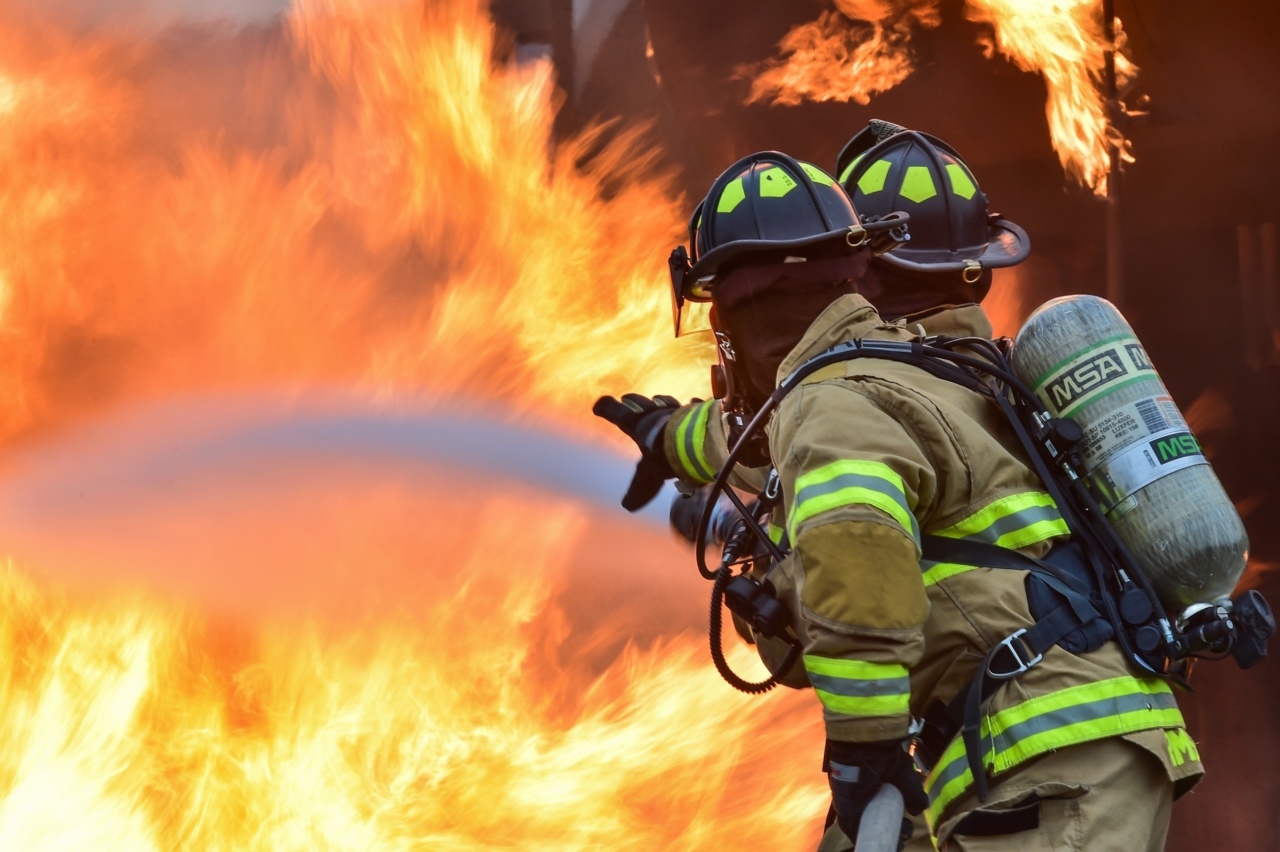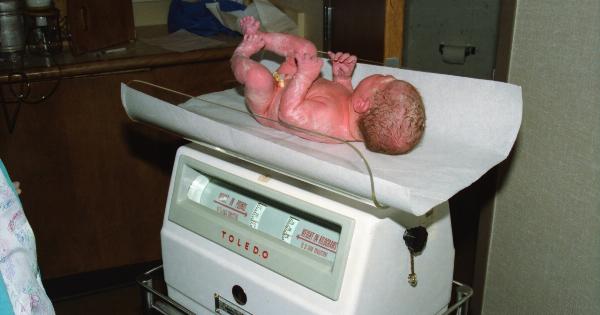Bottle-feeding may be the only option for some mothers, but it can come with its own set of emergency scenarios. It is important to know what to do in case of an emergency, so your baby can receive the best possible care.
Here are eight actions you can take during emergency situations.
1. Choking
If your baby is choking, turn them face down on your hand and give them five back blows between the shoulder blades. If that doesn’t work, turn them over and give them five chest thrusts.
Repeat these steps until the object blocking their airway is dislodged and they can breathe again.
2. Dehydration
If your baby is showing signs of dehydration, such as dry mouth, sunken eyes, or decreasing urine output, they need fluids immediately. Offer them water or an electrolyte solution and seek medical attention if their condition worsens.
3. Reflux
Reflux or spit-up can happen when the baby’s stomach contents flow back up into their esophagus. If your baby is experiencing reflux, try feeding them in a more upright position. Keep them upright for a while after feeding, and avoid overfeeding them.
Consult with your pediatrician if the symptoms persist.
4. Diarrhea
Diarrhea can lead to dehydration in babies and should be addressed immediately. Increase your baby’s fluid intake and offer them an electrolyte solution. Avoid feeding them solid foods until they recover.
Seek medical attention if the diarrhea persists for more than a few days.
5. Constipation
If your baby is constipated, try massaging their belly in a clockwise direction to release the stool. You can also offer them a small amount of prune juice or apply a warm compress on their belly. Consult with your pediatrician if the problem persists.
6. Allergic reaction
If your baby experiences an allergic reaction, such as a rash, swelling, or difficulty breathing, call emergency services immediately. Administer any medication as prescribed by your pediatrician, such as an Epipen for severe allergic reactions.
7. Vomiting
Infants may vomit occasionally, and it is usually harmless. However, if your baby is vomiting excessively or showing signs of dehydration, contact your doctor immediately.
Offer them fluids in small quantities and avoid feeding them solid foods until they recover.
8. Fever
A fever in babies can be an indication of an underlying infection or illness. If your baby’s temperature is above 100.4°F, seek medical attention.
Dress them in light clothing, keep them hydrated, and offer them fever-reducing medication as prescribed by their pediatrician.





























